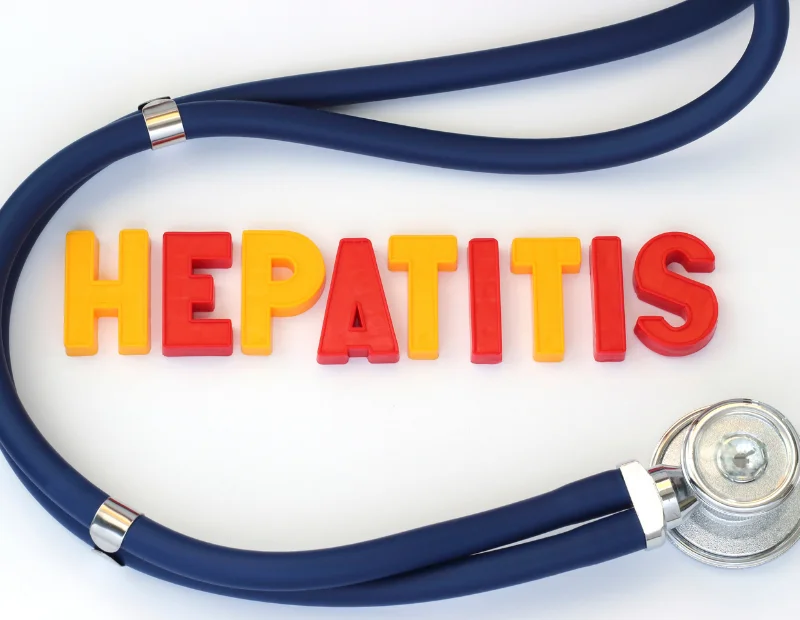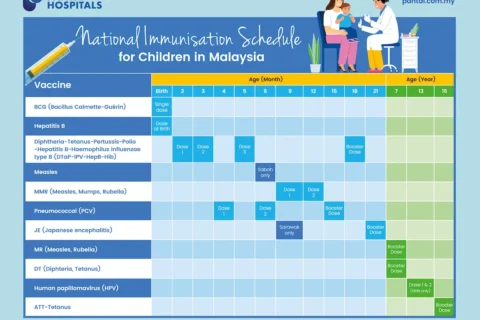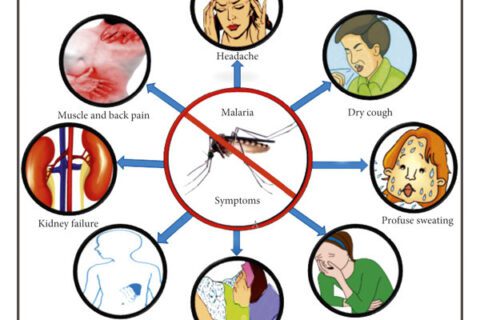
Introduction:
In recent years, the increasing prevalence and spread of hepatitis have become a growing concern in the realm of public health. Hepatitis refers to the inflammation of the liver, which can be caused by various factors, including viral infections, alcohol abuse, and certain medications. This blog post aims to shed light on the different types of hepatitis, their impact on health, and the importance of raising awareness to combat this silent epidemic.
Types of Hepatitis:
There are five main hepatitis: A, B, C, D, and E. Each type is caused by a different virus and has varying modes of transmission.
Hepatitis A (HAV): This type is primarily spread through contaminated food or water. It is an acute infection that can cause mild to severe illness but does not usually lead to chronic liver disease.
Hepatitis B (HBV): HBV is transmitted through blood, semen, or other body fluids. It can lead to chronic infection and, in some cases, liver cirrhosis or liver cancer. It is preventable through vaccination.
Hepatitis C (HCV): HCV is mainly transmitted through blood-to-blood contact, such as sharing needles or receiving tainted blood transfusions. Chronic HCV infection can cause severe liver damage and increases the risk of liver cancer.
Hepatitis D (HDV): HDV is a rare type of hepatitis that can only occur in individuals who are already infected with HBV. It can worsen the liver disease caused by HBV.
Hepatitis E (HEV): HEV is typically transmitted through contaminated water or food. It is more prevalent in developing countries and usually resolves on its own, but it can be dangerous for pregnant women.
The Impact on Health:
Hepatitis has far-reaching consequences for public health, both in terms of individual health and the overall burden on healthcare systems.
Chronic Liver Disease: Chronic hepatitis infections, particularly HBV and HCV, can progress to chronic liver disease, including liver cirrhosis, fibrosis, and liver cancer. These conditions can significantly impact a person’s quality of life and may require lifelong medical management or even transplantation.
Global Burden: The World Health Organization estimates that approximately 325 million people worldwide are living with chronic hepatitis infections. These infections account for a significant proportion of liver-related deaths, making hepatitis a major global health challenge.
Social and Economic Costs: The impact of hepatitis extends beyond individual health. The economic burden associated with the treatment and management of hepatitis-related illnesses is substantial, straining healthcare systems and affecting productivity due to lost workdays.
Raising Awareness and Prevention:
Raising awareness about hepatitis is crucial for prevention, early detection, and effective management. Here are a few key steps to combat the spread of hepatitis:
Vaccination: Vaccination against hepatitis B is a highly effective preventive measure. It is recommended for infants, healthcare workers, individuals at high risk, and those traveling to regions with a high prevalence of hepatitis.
Safe Practices: Encouraging safe practices such as using barrier methods during sexual activity, practicing proper hygiene, and avoiding sharing personal items such as razors or needles can help prevent the transmission of hepatitis.
Screening and Testing: Regular screenings and testing for hepatitis, especially in high-risk populations, can facilitate early diagnosis and appropriate medical interventions.
Harm Reduction: Implementing harm reduction strategies for individuals who engage in high-risk behaviors, such as intravenous drug use, can help reduce the transmission of hepatitis.
Conclusion:
Hepatitis continues to be a significant public health concern, with its increasing prevalence and potential for severe health outcomes. By raising awareness, promoting vaccination, advocating for safe practices, and ensuring access to
Related Top Picks

Food safety news
About food safety news “Food safety news” refers to information, updates, and developments concerning the…

What are ultra processed foods
About ultra processed foods Ultra-processed foods (UPFs) represent a category of food products that have…

Immunization schedule for children
About immunization schedule for children The immunization schedule for children can vary slightly depending on…

Covid vaccination recommendations
About covid vaccination recommendations COVID-19 vaccination recommendations can vary based on factors like age, health…

Artificial Intelligence in Medicine
About artificial intelligence in medicine Artificial Intelligence in Medicine is based on the fact that…

What are the symptoms of malaria
About Malaria Symptoms Malaria symptoms can vary depending on the type of malaria parasite, the…

Hair loss from stress
About hair loss from stress Hair loss from stress, also known as telogen effluvium, can…

How To Boost Immune System
About boost immune system Boosting the immune system involves adopting healthy lifestyle habits and incorporating…

Nutrition
About Nutrition Nutrition is the science that interprets the interaction of nutrients and other substances…

why balanced diet is important
About why is a balanced diet important why balanced diet is important ?A balanced diet…
